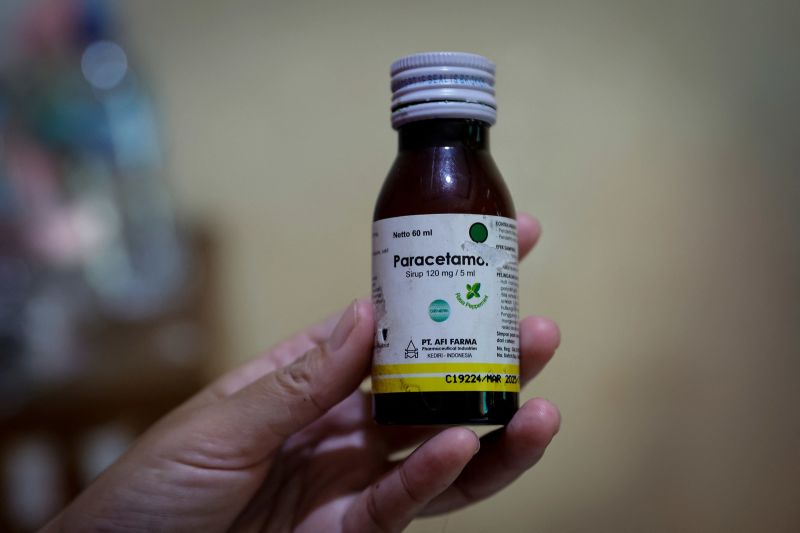In a groundbreaking judgment, an Indonesian court has deemed drugmakers responsible for the disaster resulting from toxic cough syrup. This verdict shone a new light on the pharmaceutical industry’s manufacturing practices and regulatory oversight, bringing about a massive shift in accountability.
The crux of the issue centered around the distributing toxic cough syrup, which led to several deaths and numerous health-related issues. Incidentally, this fatal syrup did not have any controversial ingredient in it but a commonly used compound known as paracetamol.
Paracetamol, found primarily in cough syrups and fever medications, became lethal when procured from an uncertified local supplier. The local supplier replaced paracetamol with a toxic compound named diethylene glycol, used in the manufacture of plastics and polyester resins. Unfortunately, this fatal mix-up resulted in the death of a number of individuals, significant illness among consumers, and an inevitable crisis for the pharmaceutical industry in Indonesia.
The court’s ruling is based on the premise that the pharmaceutical companies ought to have conducted thorough tests and controls on the constituent elements found within their products. According to legal experts, these companies had an ethical responsibility to ensure their products’ safety, which they failed, leading to this public health crisis. The fact that these firms were procuring ingredients from unverified sources exacerbates their culpability.
This judgment has set a precedent within Indonesia and worldwide, placing potentially far-reaching implications on pharmaceutical companies vis-à-vis supply chain scrutiny and product liability. The emphasis is now on industries to maintain high standards of quality control and undertake rigorous testing before releasing products for public consumption.
The wider healthcare industry is also set to experience significant changes on account of this ruling. For instance, hospitals, doctors, and healthcare providers who administer these products might face legal repercussions in situations where they fail to verify the source or safety of these drugs.
This lawsuit also illuminates the inadequate regulatory oversight in the pharmaceutical sector, especially in developing countries where standards can be lax due to economic considerations. It serves as a reminder to authorities that sparing no effort in maintaining stringent regulations on pharmaceutical manufacturing is crucial to public health.
In essence, the toxic cough syrup incident is reshaping the pharmaceutical landscape, compelling companies to exercise due diligence in their operations. The ruling highlights the considerable responsibility that drug makers bear for product safety and the repercussions should they fail to fulfill it.
Moreover, it’s eye-opening how the incident brought forth the crucial role of quality control in every phase of drug production, from raw material sourcing to manufacturing, packaging, and distribution. It served as a reminder that in the absence of tight regulations and stringent quality checks, public health disasters like the toxic cough syrup incident can occur.
The court’s verdict has not just assigned culpability but also sparked a crucial conversation about corporate responsibility, regulatory oversight, and consumers’ safety within the healthcare industry globally. It solidifies the importance of vigilance on all levels of drug creation and supply, demanding a heightened sense of responsibility and ethics from pharmaceutical companies’ operations, ultimately contributing to a safer future for public health.




